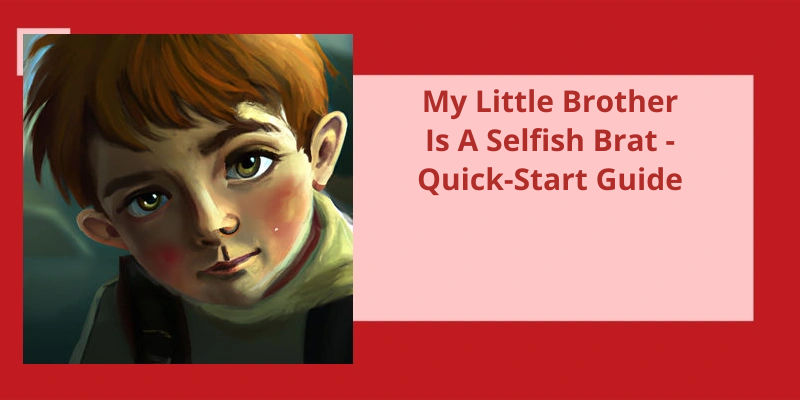To say "I don't care about my mother anymore" is undoubtedly a devastating statement to make. It evokes a sense of sorrow and heartbreak that can be difficult to reconcile. However, it’s a sentiment that’s all too familiar to many people. Family relationships can be fraught with tension, conflict, and disappointment, and it's not uncommon for individuals to feel that they’ve exhausted their love and patience for their loved ones. While it's certainly not an easy decision to make, sometimes it’s the only viable option for one's mental and emotional wellbeing. The complexity and nuance of these kinds of relationship struggles make them a difficult topic to discuss, but it's important to acknowledge and address them with empathy and understanding.
What if I Don’t Love Being a Mom?
It’s important to continue seeking support and guidance as you navigate through this experience. Talking about your feelings and concerns is an important step towards healing and finding a way forward.
It’s also crucial to remember that you aren’t alone in feeling this way. Many mothers go through a period of adjustment and struggle as they enter into this stage of life. It’s normal to have conflicting emotions and doubts about your abilities as a parent. Being honest with yourself and with others about your struggles will help you to see that you aren’t alone and that there are many resources available to help you through this.
Another important step is to take care of yourself. Taking time for yourself to do things that bring you joy and relaxation can help alleviate stress and anxiety. Whether it’s taking a walk, reading a book, practicing yoga or meditation, or seeking out therapy, self-care is essential in maintaining your mental and emotional well-being.
It’s also important to recognize that being a mother doesn’t define your entire identity. Although it may be a significant part of who you are, it isn’t the only thing that defines you. Your dreams, goals, and passions are still valid and deserving of pursuit. Dont be afraid to continue pursuing your passions and interests outside of motherhood.
Finally, it’s important to remember that there’s no one right way to be a mother. Every mother and child are unique, and there’s no one formula for success. It’s okay to make mistakes and to ask for help when you need it. Trusting your instincts and doing what feels right for you and your family can help alleviate some of the pressure and anxiety associated with motherhood.
Balancing Self-Care With the Demands of Motherhood
- Set realistic goals and prioritize tasks
- Practice self-compassion and allow for mistakes
- Take breaks and allocate time for relaxation
- Delegate tasks and ask for help when needed
- Stay organized and maintain a schedule
- Engage in activities that bring joy and fulfillment
- Establish boundaries and communicate needs to others
- Stay connected with supportive friends and family
Conclusion
In conclusion, the relationship between a mother and child is both unique and complex, shaped by a range of factors such as genetics, upbringing, personality, and life experiences. While it's not uncommon for people to experience conflicts or rifts in their relationships with their mothers, disavowing a maternal bond entirely can have far-reaching consequences. It's important to remember that family relationships can evolve and change over time, and that forgiveness, communication, and empathy can go a long way in mending past hurts and fostering healthier connections moving forward. Ultimately, the decision to maintain or sever ties with a mother is a deeply personal one that should be made after careful consideration and reflection.






